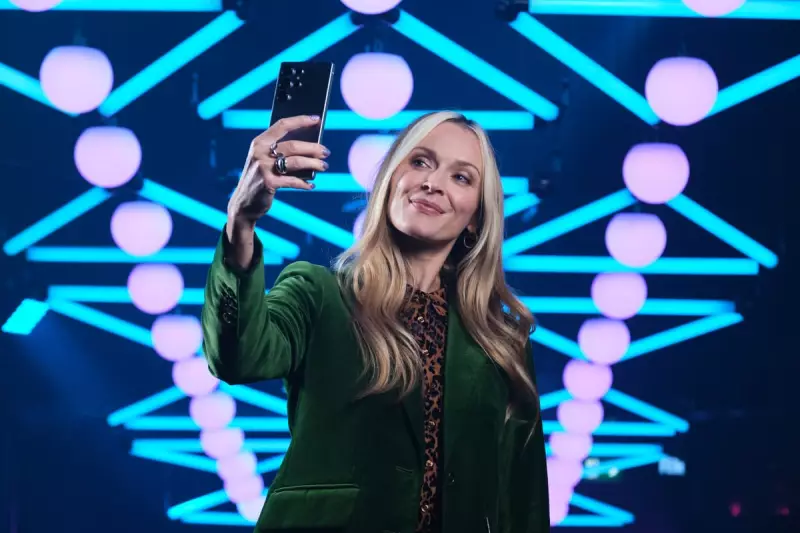
In a remarkable analysis that bridges literature, music and technological foresight, two of Britain's most iconic creative minds have been recognised for their astonishingly accurate predictions about the modern world.
The Prophetic Visionaries
George Orwell, the celebrated author of Nineteen Eighty-Four, and David Bowie, the chameleonic rock superstar, have been identified among a select group of figures who successfully anticipated the trajectory of 21st century society. Their uncanny ability to foresee our current technological landscape places them in a unique category of cultural prophets.
Orwell's Chilling Accuracy
Long before the advent of smart devices and digital monitoring, Orwell's dystopian masterpiece painted a terrifyingly accurate picture of pervasive surveillance. His concept of 'Big Brother' and the 'telescreen' now reads less like fiction and more like a blueprint for our modern relationship with technology.
'Nineteen Eighty-Four' introduced concepts that have become embedded in our contemporary vocabulary:
- Constant government surveillance
- The manipulation of historical truth
- Newspeak - the degradation of language
- Two-way screens monitoring private lives
Bowie's Digital Foresight
Meanwhile, David Bowie's predictions about the internet's impact on music and society demonstrated remarkable prescience. In a 1999 BBC interview with Jeremy Paxman, the Starman made several observations that proved startlingly accurate:
- The internet would dissolve the boundaries between artist and audience
- Music would become like running water - ubiquitous and accessible
- The web would create entirely new forms of human interaction
- Traditional music industry models would collapse
Legacy of Future-Gazing
What makes these predictions particularly compelling is that both men were operating at the peak of their creative powers when they envisioned these future landscapes. Orwell was writing in the aftermath of World War II, while Bowie was contemplating the digital revolution during the final years of the 20th century.
Their accurate forecasting raises fascinating questions about the relationship between artistic intuition and technological progress. It seems the most perceptive visions of our future don't always come from scientists or tech experts, but from those who understand the deepest currents of human nature and society.
As we navigate an increasingly digital world filled with the very technologies these visionaries described, their legacy serves as both warning and inspiration - reminding us that the future is often visible to those who know how to look.





